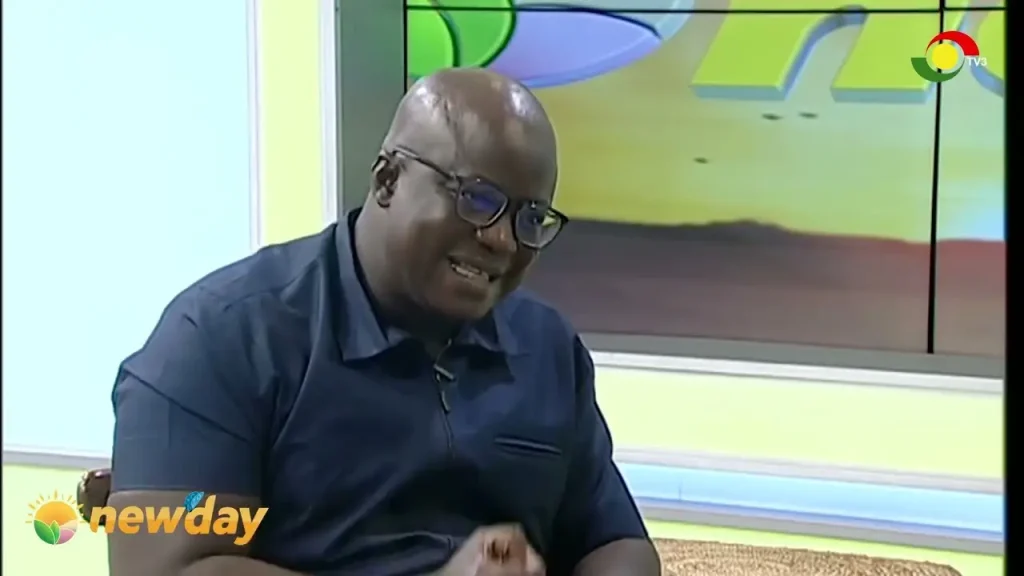Paragraph 1: Allegations of Political Motivation Behind Chief Justice’s Suspension
Dr. Joshua Jebuntie Zaato, a prominent political analyst at the University of Ghana, has posited that the suspension of Chief Justice Gertrude Torkornoo is primarily driven by the demands of influential figures within the National Democratic Congress (NDC) party. He suggests that these "hawks," as he terms them, have exerted pressure on President Mahama to pursue this course of action, despite the President’s potential reluctance. Dr. Zaato contends that President Mahama, given his extensive experience in governance and politics, would be hesitant to establish a precedent of removing a Chief Justice, an unprecedented event in Ghana’s history. This act could potentially tarnish his legacy and run counter to his established contributions to the nation’s political landscape.
Paragraph 2: The Chief Justice: A Means to an End?
Dr. Zaato further elaborates on his theory, asserting that the suspension of the Chief Justice is merely a stepping stone to achieving a larger objective: the removal of Electoral Commission (EC) Chair Charlotte Osei and her deputies. He believes that Chief Justice Torkornoo has become a victim of circumstance, caught in the crosshairs of a political power play within the NDC. The "hawks," according to Dr. Zaato, view the Chief Justice as an obstacle to their ultimate goal and have successfully persuaded President Mahama to initiate the suspension process, despite his potential reservations.
Paragraph 3: President Mahama’s Reluctance and the Influence of Party Hardliners
Dr. Zaato emphasizes his belief that President Mahama would not have chosen this path independently. He speculates that the President has been swayed by the persistent pressure from within his party. He portrays the President as reluctant to add the unprecedented removal of a Chief Justice to his record, recognizing the potential damage to his legacy. However, the influence of the NDC "hawks" appears to have overridden the President’s personal reservations, leading to the current situation.
Paragraph 4: Constitutional Review and the Need for Safeguards
In light of these events, Dr. Zaato calls for a thorough review of the constitutional processes regarding the removal of a Chief Justice. He argues that the current system is potentially vulnerable to political manipulation and may create a "vicious cycle" where future Chief Justices are perpetually at risk, especially during transitions of presidential power. He urges the constitutional review committee to address this issue and implement stronger safeguards to protect the independence of the judiciary and prevent politically motivated dismissals. This, he believes, will prevent a situation where Chief Justices feel compelled to resign preemptively whenever a new president takes office.
Paragraph 5: Supreme Court’s Role and Conflicting Decisions
The legal proceedings surrounding the Chief Justice’s suspension have been marked by complexity and conflicting decisions. The Supreme Court initially dismissed an objection raised against Acting Chief Justice Paul Baffoe Bonnie, clearing the way for the petition against Chief Justice Torkornoo to proceed. However, in a subsequent 3-2 decision, the Court refused an application to halt further action against the suspended Chief Justice. The dissenting judges, Justices Mensah Bonsu and Ernest Gaewu, argued against allowing the process to continue, highlighting the contentious nature of the legal battle.
Paragraph 6: Implications and Future Outlook
The suspension of Chief Justice Gertrude Torkornoo marks a critical juncture in Ghana’s political and legal landscape. Dr. Zaato’s analysis frames the event as a product of internal power struggles within the ruling NDC, with the Chief Justice caught in the crossfire. The ongoing legal challenges and the divided Supreme Court decisions underscore the gravity of the situation. The future of the Chief Justice, the implications for judicial independence, and the potential repercussions on the upcoming elections remain uncertain amidst this unfolding political drama. The calls for constitutional reform underline the need to strengthen institutional safeguards and ensure the impartiality of the judiciary in the face of political pressure.














